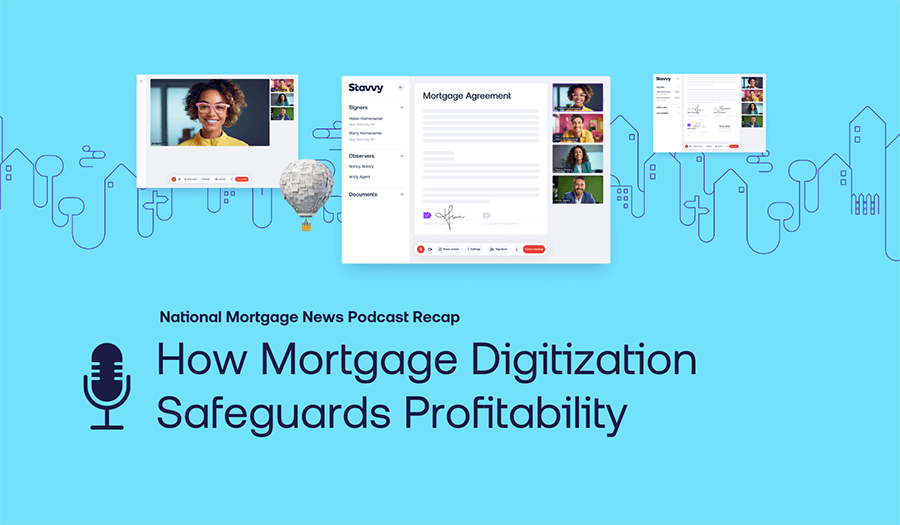Maine has joined states such as Illinois, New Jersey, and Oregon in approving permanent legislation surrounding remote online notarization (RON).
With this action, Maine will completely update its notary statutes with the Revised Uniform Law on Notarial Acts (RULONA). The permanent notarial law officially takes effect on July 1, 2023. Maine is the 41st state to enact a form of permanent remote notarization process.
The legislation will replace H.P. 1033, which temporarily extended the state’s remote notarization provisions in June of 2021 in response to the COVID-19 pandemic.
While the law was passed, we are still waiting on regulations that will further outline the implementation and provide more details on the law itself, so stay tuned.
What does this mean for remote notarization in Maine?
By updating state law with the RULONA, new permissions will be in place for electronic records and for remotely located individuals, including remote online notarization. Remote online notarization enables real estate law firms, businesses, and individuals to connect with a notary in a digital environment without needing to be in the same room. A platform like Stavvy enables this through secure audio-video chats and electronic notarization technology.
The need for remote notarization was exacerbated by the pandemic, though many states were at least moving in the direction of better remote options for notarizations, particularly when it came to real estate transactions. This law will ensure residents of Maine have more accessible options when it comes to mortgage origination, servicing, and title & settlement services.
Benefits of remote notarization in Maine
Remote online notarization has far-reaching advantages for consumers, lenders, title agents, and other industry partners. Just a few benefits of remote online notarization include:
- More on-time closings, with the convenience of closing from anywhere
- Fewer errors and the ability to correct errors in real-time
- Greater accessibility that adjusts to the schedules of consumers, lenders, title agents, and other parties involved in the closing process
- Less time spent on manual tasks while maintaining the ability to work with trusted partners, such as notaries
- Less reliance on paper-driven processes, improving efficiency and environmental interactions
Learn more about how the  is taking real estate beyond documents.
is taking real estate beyond documents.
If you're not ready to invest in RON software yet, using this time to learn about remote notarization and its many benefits to real estate-based businesses is a great place to start your digital journey. We created The Complete Guide to Remote Online Notarization for mortgage and real estate professionals like you.
DISCLAIMER: Because of the generality of this update, the information provided herein may not be applicable in all situations and should not be acted upon without specific legal advice based on particular situations.
Editor's note: This post has been updated since the blog was originally published in May 2022.



![[Webinar Recap] Advancing Your Digital Default Servicing Strategy](https://blog.stavvy.com/hubfs/advancing-your-digital-default-servicing-strategy-blog-recap.png)